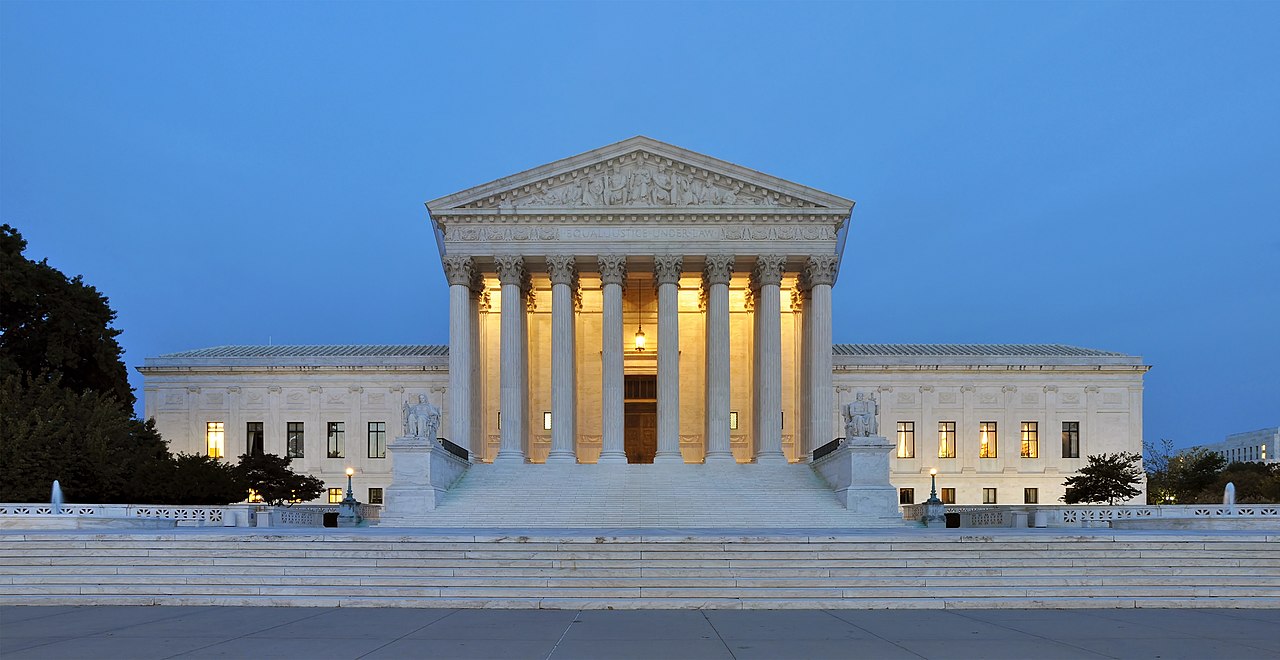|
Dear Plymouth Family,
None of us is surprised about Supreme Court ruling overturning the constitutional right to an abortion guaranteed by the Court back in 1973 in Roe v. Wade. But to some the ruling probably feels like a gut-punch. There are macro issues at stake in this ruling, some of which are not immediately apparent. In the short term, women in roughly half the states that comprise our union will lose access to safe, legal abortions. But the larger issues will continue to ripple for years into the future. One of those issues is the right of women to determine the course of their own health. No one is challenging a man’s right to choose a vasectomy — even though the Roman Catholic Church opposes it. Pope Paul VI’s encyclical said that vasectomy “is equally to be condemned” as is abortion. Yet, we do not hear many (or any) voices in our nation decrying vasectomy. If we can deny a woman’s right to choose, what other rights is our nation prepared to deny? According to the National Institutes of Health, “Black women have been experiencing induced abortions at a rate nearly 4 times that of White women for at least 3 decades, and likely much longer…. In the current unfolding environment, there may be no better metric for the value of Black lives.” Is it a coincidence that the Supreme Court ruling will affect Black women four times as much as it does White women? Justice Clarence Thomas, in a concurring opinion, said that the Supreme Court “should reconsider” its past in codifying rights to contraception access, same-sex relationships and same-sex marriage. I know some of our LGBTQ members are already feeling the rumblings of this opinion. It’s Pride month, and it is probably no coincidence that hate-filled vandals destroyed the rainbow flags on our Prospect Road sign this week. Another implication beyond abortion itself is the brokenness of the national process of judicial confirmation. Has the court become over-politicized? Some would say so. It will be interesting to see how we navigate the course ahead, when Gallup shows that 80% of Americans support legal abortion. Where does the UCC stand? Our denomination has been a standard-bearer for reproductive justice. I encourage you to see our denomination’s web page to learn more. Our Eighth General Synod, in 1971 (two years before Roe v. Wade), approved a resolution affirming choice. “The Eighth General Synod of the United Church of Christ calls for the repeal of all legal prohibitions of physician-performed abortions. This would take abortion out of the realm of penal law and make voluntary and medially safe abortions legally available to all women.” Further resolutions were passed by General Synods in 1973, 1977, 1979, 1981, 1987, 1989, and 1991. Other mainline Protestant denominations have similar stances. Many Evangelical churches were initially mute on the issue of abortion and supportive of birth control. But since the fundamentalist takeover in some denominations and the rise of the Christian Right, even the use of birth control is in question in some quarters. (In a recent survey, 77% of White Evangelicals saw abortion as morally unacceptable. Most American Catholics support legal access to abortion.) Where do you stand? One of the guideposts of our UCC tradition is that matters of conscience are left to the members of our congregations under the guidance of the Holy Spirit. There is likely a range of opinion at Plymouth about whether abortion is ethically acceptable. Yet I am certain that only a handful of our members who would disagree that abortion should be safe and legal. Over the years of my ministry among you, two conversations with women stick out on this subject. One discussion was with a member who was a women’s health nurse practitioner who had moved to Colorado from the South. Her perspective was that abortion should be “safe, legal, and rare.” And she remarked that she had patients who, in her view, misused abortion as a primary form of birth control. Her view was that abortion should be a last resort, and that it should be easily accessible to any woman. Another conversation happened years ago with a married woman and her husband who came to speak with me and Sharon Benton. They were over 50 and had been using a dependable form of birth control, which had failed, resulting in an unwanted and dangerous pregnancy. Their concern was the ethical dimension of a decision to end the pregnancy. Both Sharon and I shared our perspective that abortion was ethically acceptable, and we offered to accompany them if they chose to end the pregnancy. Perhaps you’ve had an abortion yourself, or your partner, mom, sister, daughter, or friend has chosen to end a pregnancy. I’ve never known anyone for whom abortion was an easy way out or a simple decision. But during all of my adult years, it has been safe and legal. For some of our sisters, this will no longer be the case. I don’t know where this road will lead, but we will follow Jesus’ commitment to compassion and justice. And we will walk together. Blessings, Comments are closed.
|
Details
|


 RSS Feed
RSS Feed